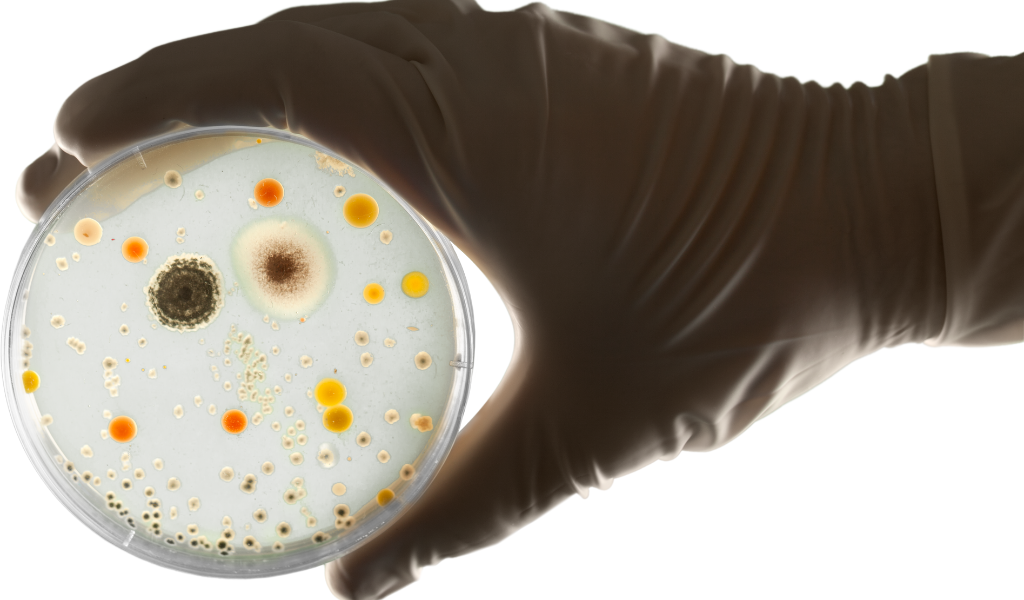The creation of “fecal implants” by traditional healthcare practitioners as a technique to give healthy people’s good bacteria to sick people has been made possible by the rise in interest in the gut-biome over the past few years. It’s noteworthy to note that homeopaths all throughout the world are familiar with this hypothesis. Bowel nodoses, a sort of fecal implants utilized by homeopathy, have been used as immunotherapy treatments for more than 200 years.
These immunotherapy treatments were in use—much earlier than the contemporary probiotic or fecal implants. Bowel no doses, also known as homeopathic probiotics, replenish the good bacteria in the gut by taking dosages of various large intestine microorganisms. The 11 medications collectively referred to as the intestinal nodoses are distinctive in both their origin and the possibilities they present. Due to their affinity for and resonance with the miasmatic forces at work in the body, they have certain indications in acute homeopathic prescribing, but they are most effective in the management of chronic illnesses. These treatments have their roots in human medicine, where they have numerous current applications.

Introduction
Table of Contents
In the realm of gut health, a centuries-old practice stands as a testament to the enduring wisdom of alternative medicine. As medical science delves into the mysteries of the gut-biome, it is fascinating to note that the concept of utilizing beneficial bacteria to restore health is far from novel. While “fecal implants” have gained traction among conventional medical providers, an age-old approach known as Bowel Nodoses has quietly thrived in the world of homeopathy for over two centuries. This article embarks on a journey to explore the remarkable history, mechanisms, and applications of bowel no doses, shedding light on a holistic approach to gut restoration.
Bowel No-doses Unveiling: A Time-Honored Practice
Bowel No-doses: A term that may sound unfamiliar to many, but one that holds the key to an alternative path towards gut health. These homeopathic probiotics precede the modern-day probiotic trend by a remarkable 200 years. Rooted in the principles of homeopathy, bowel nodoses involve harnessing the power of different bacterial strains from the large intestines to reintroduce balance and vitality to the gut flora.
Bowel Nodoses’ Special Derivation
Unlike mainstream probiotics that focus on a diverse range of bacteria, bowel nodoses revolve around a carefully curated group of 11 remedies. These remedies are meticulously derived from various bacterial strains found within the large intestines. This selectivity stems from the homeopathic belief in resonance and connection with the body’s miasmatic forces. This unique approach underscores the tailored nature of bowel no-doses and their profound potential to address chronic ailments.
Acute Homeopathic Prescribing and Beyond
While bowel no-doses display intriguing resonance with miasmatic forces, their utility is not limited to chronic conditions. Acute homeopathic prescribing also benefits from the nuanced interactions between these remedies and the body’s energetic imbalances. This versatility further solidifies the role of bowel nodoses as a holistic tool in a homeopath’s arsenal, bridging the gap between acute and chronic disease treatment.
Journey into the Microcosm: Treating Chronic Diseases
Delving deeper, we uncover the heart of bowel no-doses’ efficacy – the profound impact on chronic disease treatment. These immunotherapy remedies offer a nuanced and targeted approach to addressing the underlying causes of persistent health issues. By tapping into the intricate dance of miasmatic forces, bowel nodoses provide a pathway to healing that extends beyond symptomatic relief.
A Glimpse into the Origin of Bowel No-doses
bowel nodoses‘ have a long history that dates back to the development of human medicine. The idea of restoring good bacteria through homeopathy has lasted the test of time despite the popularity of contemporary probiotics and fecal implants. These cures, which are based on decades of knowledge, demonstrate the continuing value of complementary methods for improving health and wellness.
Frequently Asked Questions (FAQs):
Are Bowel Nodoses Safe for Everyone?
Absolutely, bowel nodoses are considered safe for individuals of all ages. Homeopathy operates on the principle of gentle stimulation, ensuring minimal risk of adverse effects. However, it is advisable to consult a qualified homeopath before embarking on any treatment regimen.
How Do Bowel Nodoses Compare to Modern Probiotics?
While both bowel no-doses and modern probiotics aim to restore gut health, their approaches differ. Bowel nodoses focus on targeted resonance with miasmatic forces, offering a unique perspective on gut restoration. Modern probiotics, on the other hand, emphasize a broader spectrum of bacterial strains.
Can Bowel Nodoses Address Acute Conditions?
Indeed, bowel no-doses exhibit indications in acute homeopathic prescribing. The resonance between these remedies and miasmatic forces allows for effective intervention in acute health episodes, complementing their role in chronic disease treatment.
Are Bowel Nodoses Scientifically Supported?
While the scientific community may not universally endorse homeopathy, the historical use of bowel no-dose and their sustained impact on practitioners and patients alike underscore their potential efficacy. Anecdotal evidence and holistic principles contribute to their enduring popularity.
How Can I Incorporate Bowel No-doses into My Health Regimen?
To explore the benefits of bowel no-doses, seek guidance from a qualified homeopath. A personalized assessment of your health profile will facilitate tailored treatment recommendations, ensuring optimal integration into your wellness routine.
What Are the Next Steps for Bowel No-doses?
Bowel nodoses are positioned to attract increased interest as the need for holistic medicine and alternative treatments increases. They provide a perspective that complements contemporary medical innovations thanks to their timeless knowledge and distinctive mechanisms, bridging the gap between tradition and modernity.

